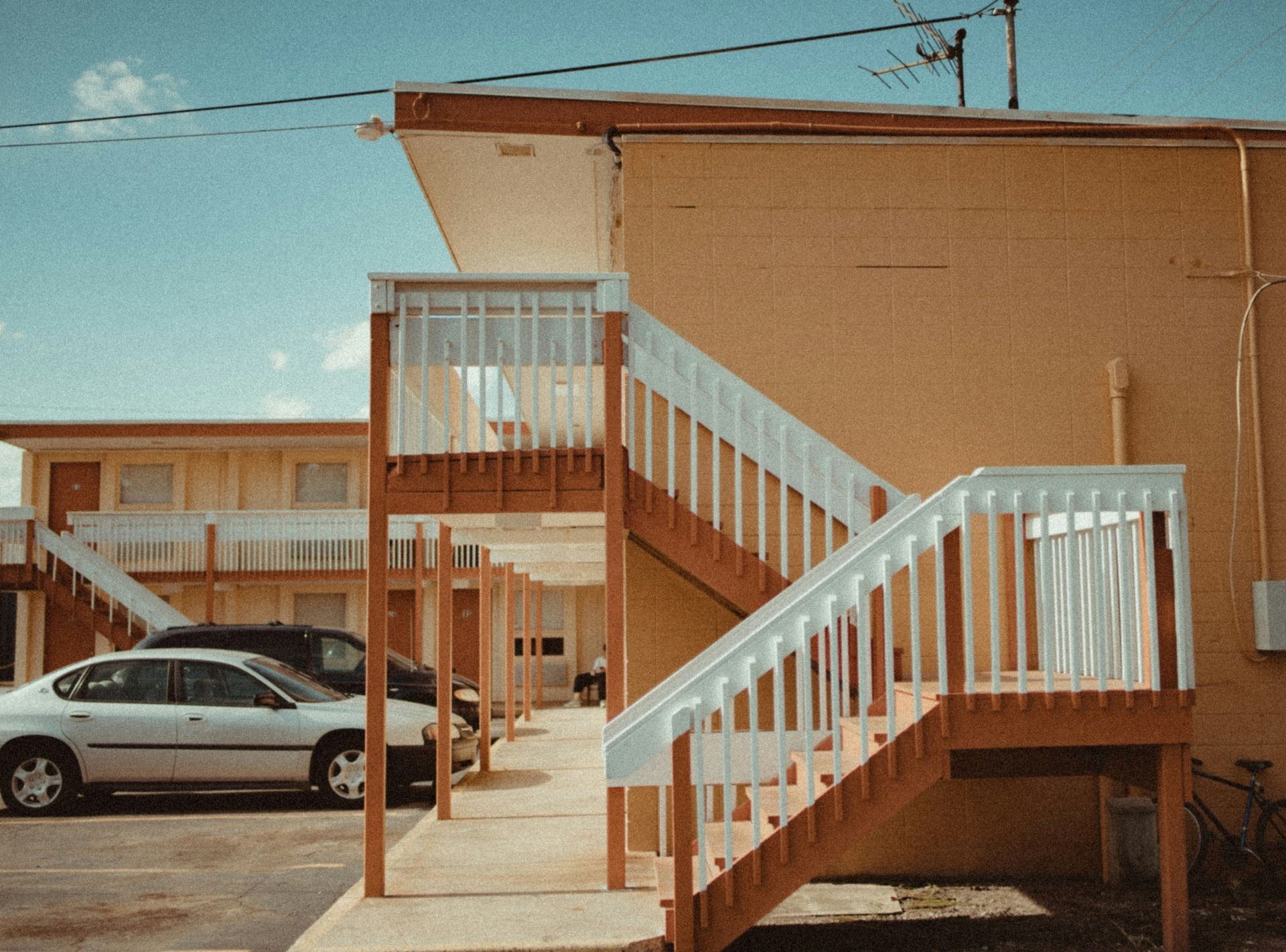Legal Aid Organizations Expand Support for Opioid Epidemic Recovery with OneOhio Grants
Settlement money to grow treatment, recovery, and support services around the State

The OneOhio Recovery Foundation awarded several grants to Ohio legal aid organizations this month as part of its first cycle of distributing the settlement money Ohio continues to receive from pharmaceutical manufacturers, distributors, and pharmacy chains as a result of their role in the national opioid epidemic. The State’s OneOhio plan charged the foundation with distributing 55% of the settlement funds to organizations providing short- and long-term planning and support to address the continuing crisis. The OneOhio plan calls for the remaining 45% of the settlement funds to go directly to localities (30%) to support community recovery and address immediate needs of residents, and the State (15%) to leverage statewide buying power to offer prevention, treatment, and recovery services.
While the connection between legal aid and those living with Opioid Use Disorder (OUD) or Substance Use Disorder (SUD) may not seem obvious, legal aid organizations have been critical in helping those impacted by the epidemic stabilize their housing, family, employment, and health.
- Due to the criminalization of addiction, SUD is a factor in 25% or more of criminal convictions, and time in the criminal justice system often serves to exacerbate the challenges a person in recovery faces, including securing a job or housing. Legal aid advocates help clients seal or expunge criminal records and reinstate driver's licenses so they can work toward financial stability.
- By forming Medical Legal-Partnerships (MLPs) with OUD and SUD treatment providers, legal aid advocates become part of the support network, helping people in treatment resolve compounding legal issues – like bankruptcy, eviction, and loss of benefits – that threaten the success of their recovery.
- Families impacted by the opioid epidemic often face civil legal issues that threaten safety and stability. Legal aid advocates can help grandparents and other family members assume guardianship of minors in need of care, assist parents in recovery to maintain or regain custody of their children, and represent those pursing divorce or protection from domestic violence achieve resolution and safety.
Legal aid organizations awarded funding by the OneOhio Recovery Foundation include:
- Advocates for Basic Legal Equality (ABLE) for services in Defiance, Fulton, Henry, Paulding, Putnam, Van Wert, and Williams counties. ABLE will partner with rural treatment and recovery services to reach individuals impacted by OUD and help clients address civil legal issues related to the social determinants of health (SDOH). Additionally, ABLE will provide community trainings on SDOH and SUD to facilitate dialogue, increase awareness, and decrease stigma.
- Community Legal Aid (CLA) for services in Mahoning, Medina, Portage, Trumbull, and Wayne counties. Funding will support CLA’s provision of free civil legal assistance to low-income residents who are recovering from addiction and need support sealing criminal records to successfully walk their sustainable paths to independence and wellbeing.
- Legal Aid of Southeast and Central Ohio (LASCO) for services in 23 counyies in region 9, region 12, and region 18. LASCO will establish and sustain new Medical-Legal Partnerships with rural treatment centers and prevention centers, providing enhanced and expanded free legal assistance to address social and legal barriers impacting successful treatment and recovery. LASCO will also conduct staff training and adjust intake processes to optimize inclusion of people living with opioid use disorder.
- The Legal Aid Society of Cleveland (LASC) for services in Cuyahoga County. With OneOhio funding, LASC will expand their Medical-Legal Partnership with MetroHealth, which will help Cuyahoga County residents who have OUD or family members impacted by OUD address social determinants of health that may hinder their recovery and wellbeing. In addition to directly serving patients and their families, LASC advocates will identify areas for systemic change to remove barriers that prevent people impacted by OUD from pursuing opportunities, and train MetroHealth staff on the impact of civil legal issues on a person’s health.
If you are interested in partnering with legal aid to support opioid-impacted Ohioans' social determinants of health and economic stability, please contact the Alliance of Ohio Legal Aids.
If you or someone you know is impacted by opioid use disorder and facing legal barriers to personal, financial, and/or family stability.
Please contact a legal aid organization to see how we can help.
